The Essential Components of the Christian Life
An Exposition of Leviticus 19
Introduction to Leviticus 19
The Importance of Leviticus 19 to Biblical Praxis
● It Helps Define the Law
● It Informs the Message of the Prophets
● It Provides a Foundation to New Testament Praxis
The Book of Leviticus
● The Background of the Book
● The Structure of the Book
I. The Way to Worship: The Sacrifices (1:1-16:34)
A. The Laws Regulating the Sacrifices (1:1-7:38)
B. The Establishment of the Priesthood (8:1-10:20)
C. The Laws Regarding Uncleanness (11:1-15:57)
D. The Day of Atonement (16:1-34)
II. The Life of Worship: Holiness (17:1-27:34)
A. The Laws Regulating the Sacrifices and Eating Meat (17:1-16)
B. The Laws Regulating Sexual and Neighborly Relationships (18:1-19:37)
C. The Laws Regulating Capital Crimes (20:1-27)
D. The Laws Regulating the Priest’s Holiness (21:1-22:33)
E. The Laws Regulating Required Festivals (23:1-44)
F. The Laws Regulating the Tabernacle and Blasphemy (24:1-23)
G. The Laws Regulating the Sabbatical and Jubilee Years (25:1-55)
H. The Rehearsing of the Covenant Blessings and Curses (26:1-46)
I. The Laws Regulating Votive Gifts (27:1-34)
The Message of Leviticus 19
● The Law Reflects the Character of God
● The Attainability of Holiness
● The Comprehensive Nature of Holiness
● The Law as an Expression of Love
The Design of the Chapter
The Structure of the Chapter
I. Prologue: God Calls Israel to Fidelity to Him (19:1-2)
II. Expressed through Faithfulness to the Divine Covenant (19:3-10)
III. Expressed through Loyalty to the Divine Community (19:11-18)
IV. Expressed through Adhering to the Divine Distinctions (19:19-31)
V. Expressed through Reflecting Divine Protections (19:32-37)
VI. Epilogue: God Reminds Israel of Her Covenant Call for Faithfulness (19:37)






